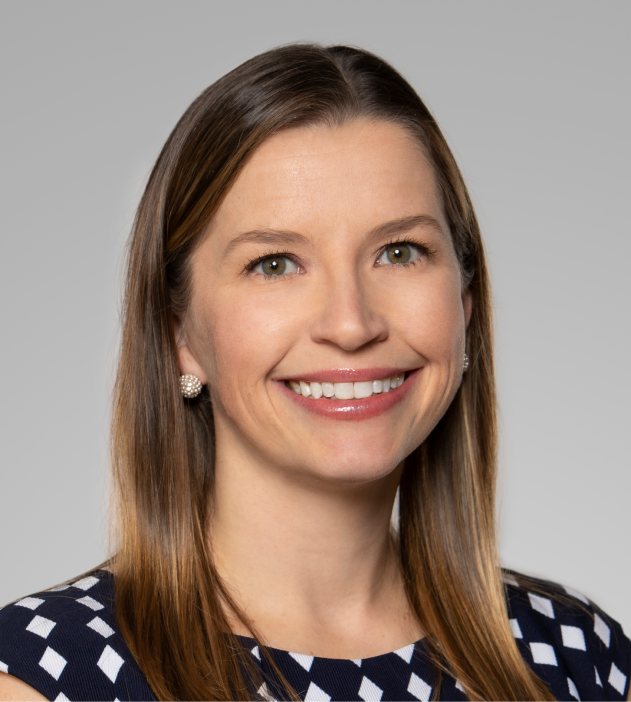 The transition from college to the professional accounting world is exciting and overwhelming at the same time. There are expectations that your seniors, managers, and directors will have for you upon beginning your career and throughout your role as a staff. We will touch on four of these expectations using the acronym CODE, and we will primarily focus on them from a senior accountant's perspective.
The transition from college to the professional accounting world is exciting and overwhelming at the same time. There are expectations that your seniors, managers, and directors will have for you upon beginning your career and throughout your role as a staff. We will touch on four of these expectations using the acronym CODE, and we will primarily focus on them from a senior accountant's perspective.
CODE stands for:
C - Communication
O - Ownership
D - Documentation
E - Enquiry
You do not have to master all of these expectations at once. As you progress through your first years as a staff, focus on continually developing your skills and experience so you will be able to meet all of the expectations. This will prepare you for the next step in your career; the role of a senior.
Now, let's dive into each expectation.
Communication
You will hear regularly at Kreischer Miller that communication is key. Communicating with the team members you work with demonstrates that you are proactive on your jobs and are keeping the team up-to-date on the status of the job or your own personal schedule.
You never know when a senior, manager, or director will be looking for you, either to update you on an issue or to ask you to work on something that the client requested. It is important, especially during busy season, to let your senior or manager know if you will not be in the office. Keeping your Outlook calendar up-to-date is another means of communicating your whereabouts to your team members. Utilize this tool to update your schedule when you plan to be our of the office, have an appointment, or need to leave early.
Effective communication skills should begin when you start as a staff and continue as your grow in your career.
Ownership
The second expectation is ownership. Ownership can include control of your jobs, your schedule, and your CPE training. Some examples include being proactive on your jobs by following up with the senior after you have given in a return for review, following up on the status of a return after it is sent to processing, knowing that there is an open item needed from the client, and checking in with the senior. Showing a genuine interest in the jobs you work on displays to your senior that you are sincere in wanting to complete your assigned job.
Each week you will receive a PDF which lists the jobs you are assigned to, the time allocated to the job, and the week the job is scheduled. Our schedule projects 12 weeks out in order for you to know the jobs that are approaching and revise it, if needed. You are expected to update your schedule each week. If you stay on top of your schedule, there will be less conflicts and you will be in more control of your schedule.
Kreischer Miller's enhanced CPE tracking, in conjunction with your career counselor meetings, are the perfect opportunity for you to begin to take ownership of your CPE education and the topics that interest you as you advance your career. Your counselor will help guide you along the way, but ultimately you are responsible for your career development and how you want to expand and grow your accounting and tax knowledge.
Documentation
You will be juggling multiple jobs with multiple people and as a staff you will be expected to document all items in our electronic filing program in thorough detail. It will make your senior's job easier if documents contain clear and detailed names. For example, an email saved as "2015 Client Email" does not help your senior when they are reviewing if they have to open every document to determine the context. An email saved as "2015 Client Response to Meals & Entertainment Email" tell the senior exactly what is included in that file.
Seniors also expect any notes or questions documented in our online documentation tool.
Enquiry (Question)
Last, but certainly not least, is enquiry, which is also known as questions. Staff members are expected to ask questions, and a lot of them. Asking questions not only helps you grow and progress but it also shows you are interested in the work you are completing and you are continuing to learn. It is better to ask your senior a question on a return than to turn in the return for review with no questions! Not asking questions only inhibits your technical growth and development. Seniors expect staff to ask questions, especially when they are a new staff who recently graduated from college. If you never ask a question, you will never know the answer.
Take these tips and being to follow the "CODE" as you continue your career with Kreischer Miller!
 Kate Stewart is a Director in Kreischer Miller's Tax Strategies group and a member of the Construction Industry Group. Kate joined Kreischer Miller in 2009 upon her graduation from Chestnut Hill College. When she has down time she enjoys the beach, spinning and reading. Contact Kate at Email.
Kate Stewart is a Director in Kreischer Miller's Tax Strategies group and a member of the Construction Industry Group. Kate joined Kreischer Miller in 2009 upon her graduation from Chestnut Hill College. When she has down time she enjoys the beach, spinning and reading. Contact Kate at Email.


